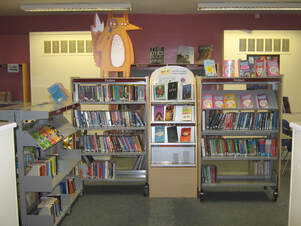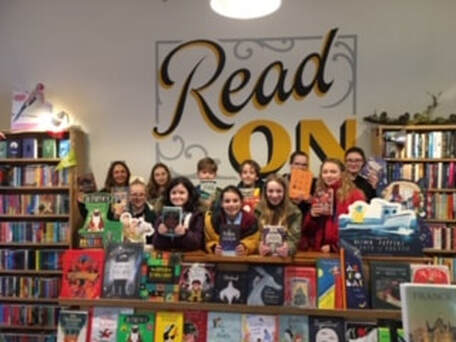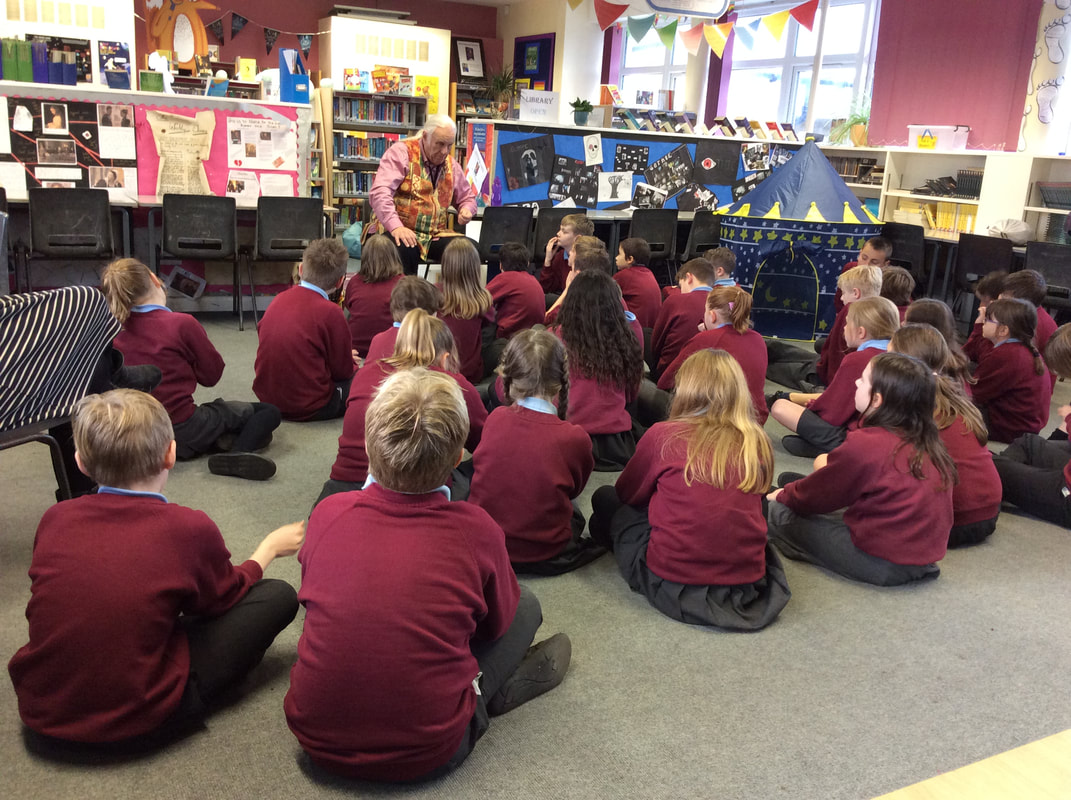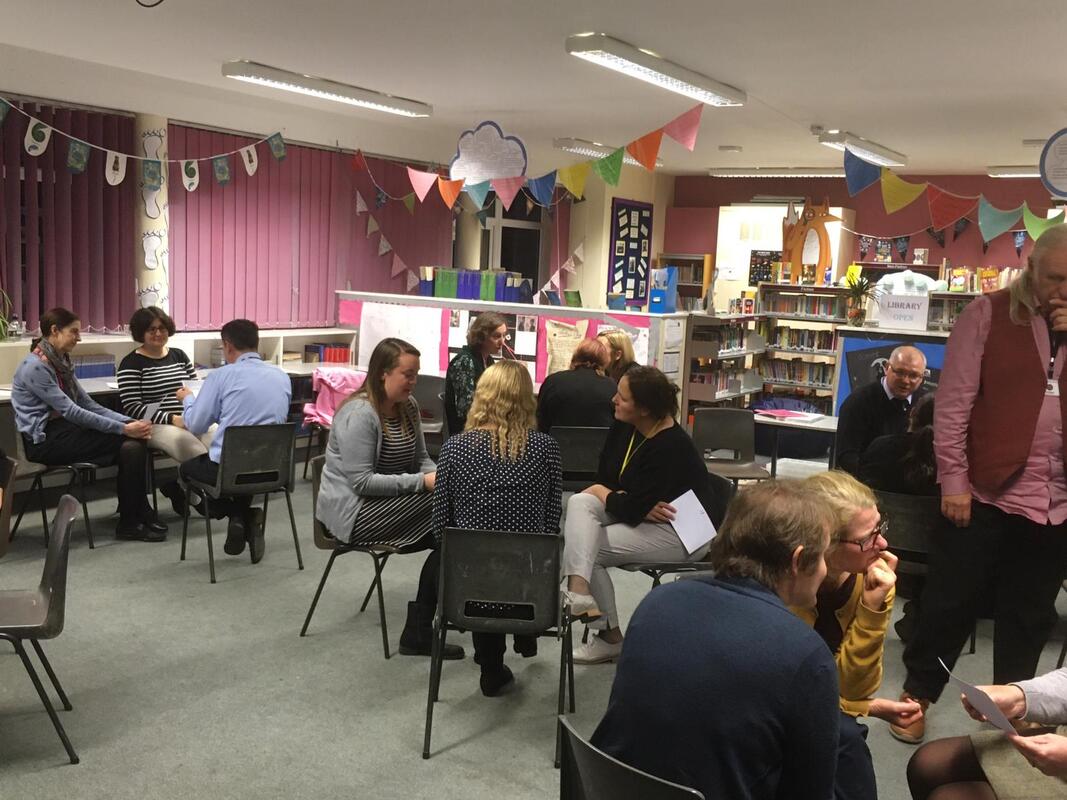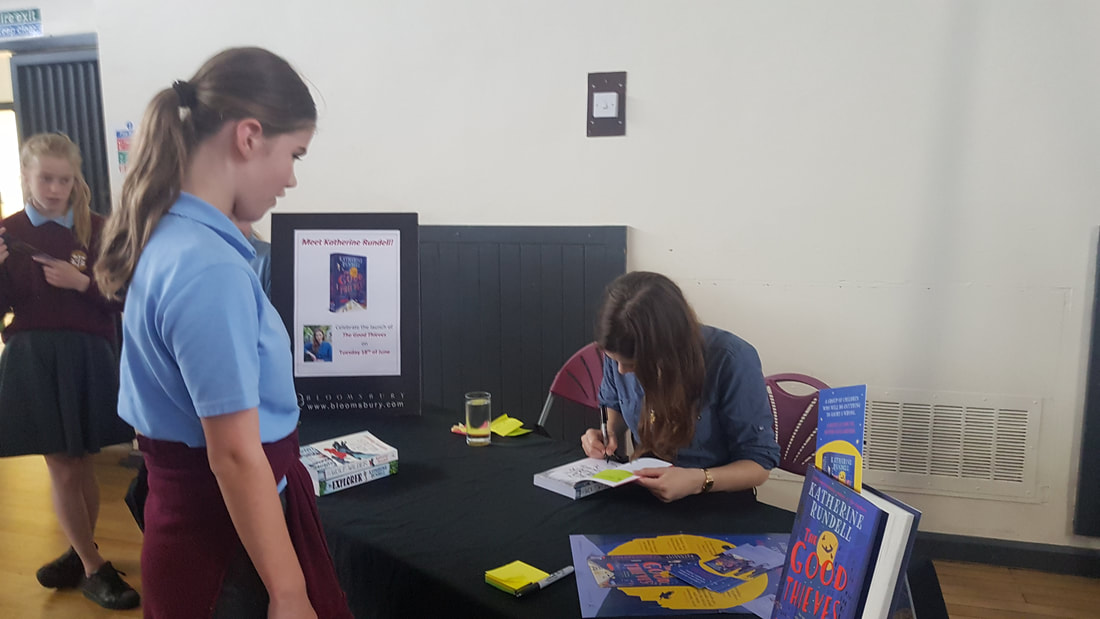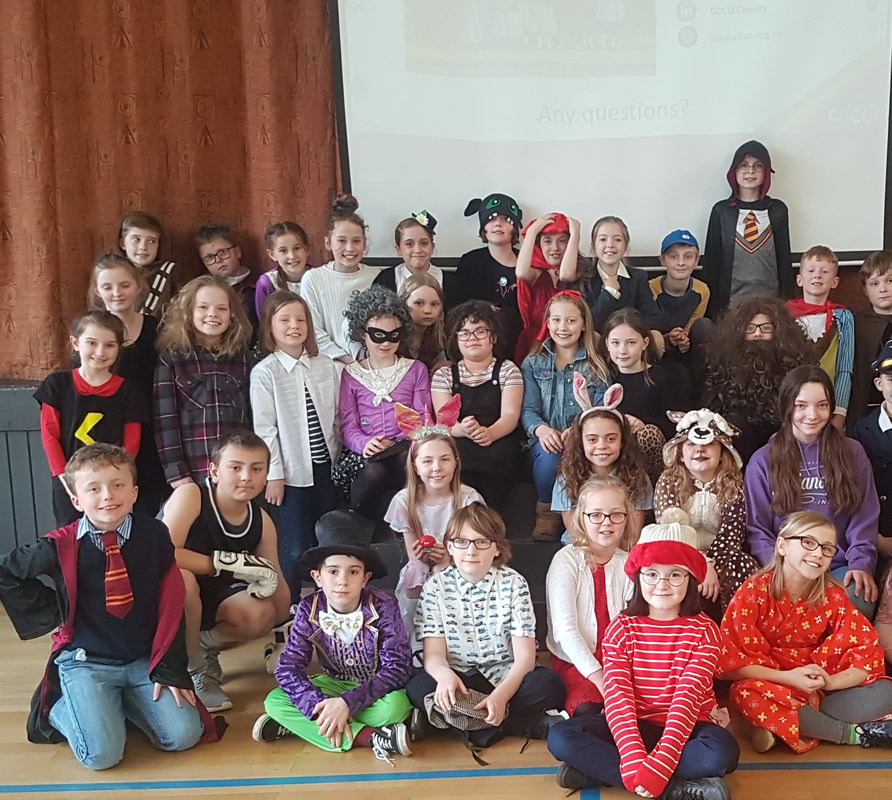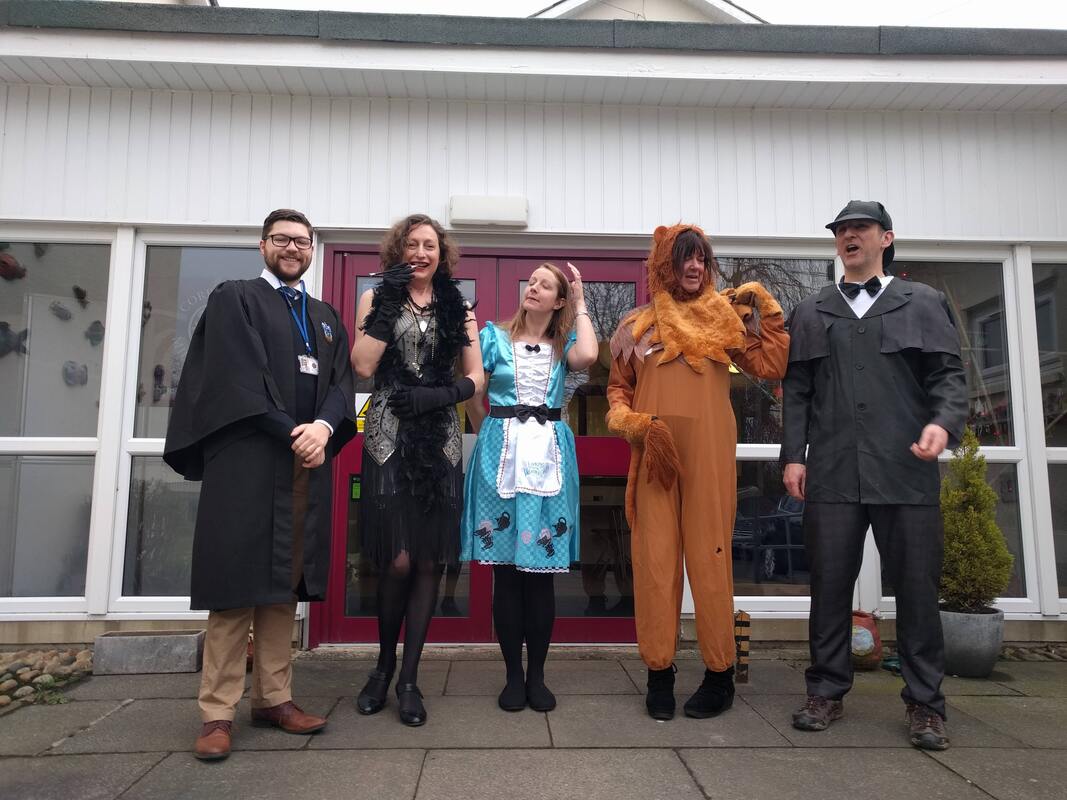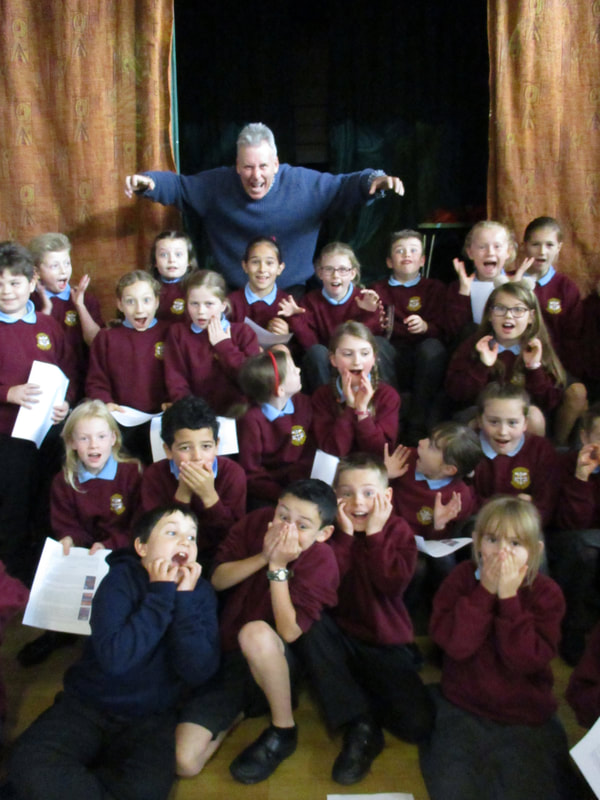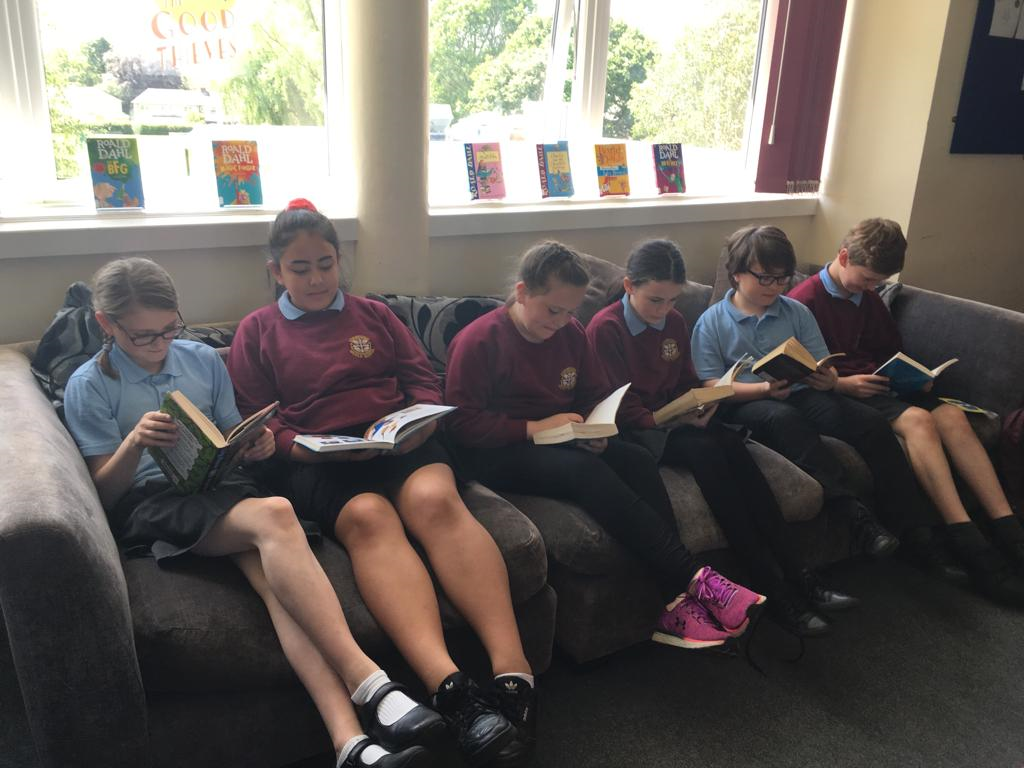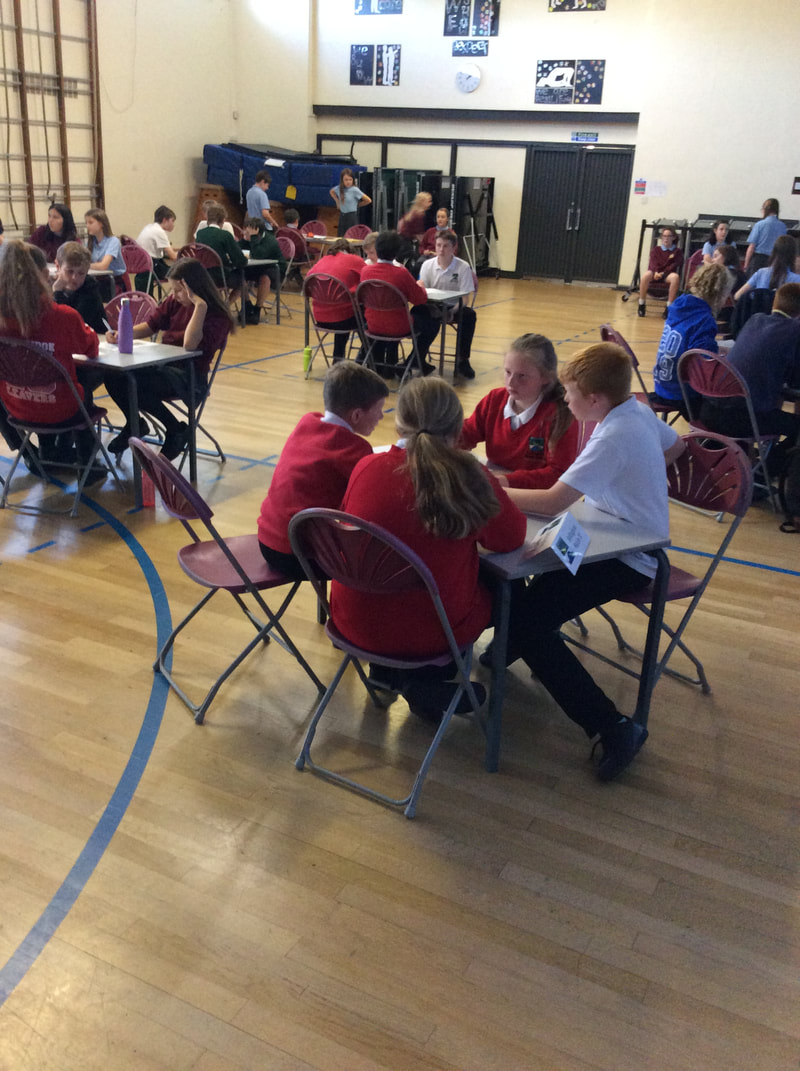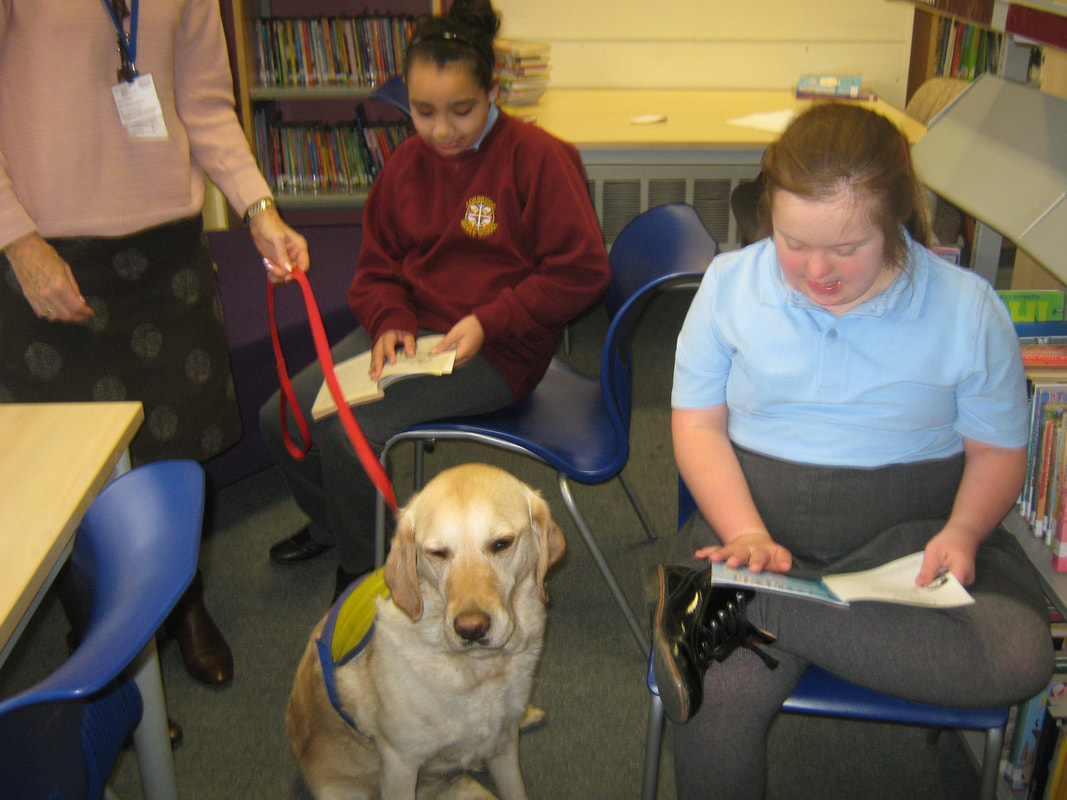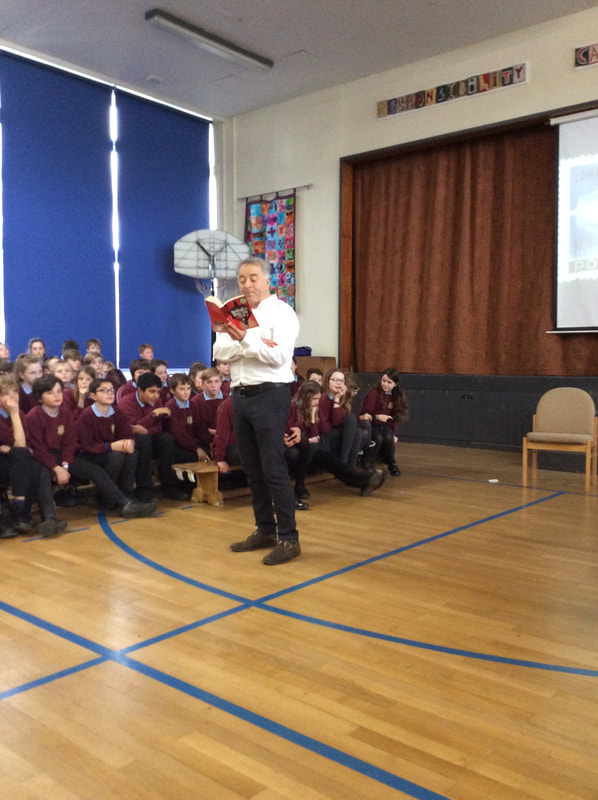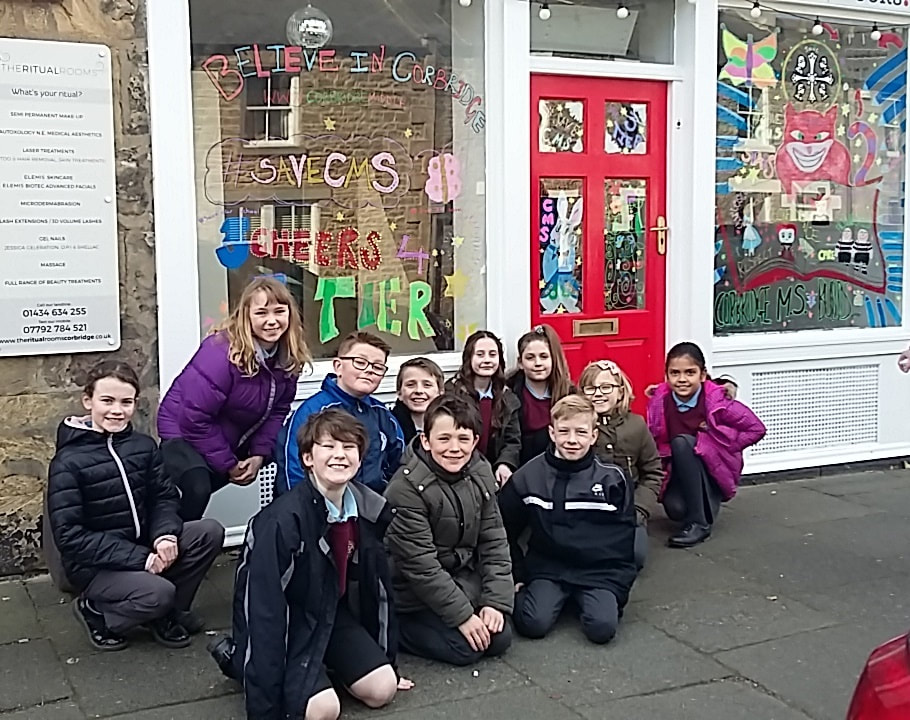Reading at Corbridge Middle School
Why is reading so important?Reading is fundamental. In fact, it is one of the most important ingredients to becoming all that you can be. Reading develops your brain, provides a window into the world around you and helps you do better in all school subjects. It’s a way to stimulate your creativity, to provoke thinking and to open up a whole, magical world of adventure. You gain a more ambitious, wider vocabulary from reading and it’s the size of your vocabulary that determines your life chances, so you can see why reading is the gateway to your future! As Roald Dahl observed, “If you are going to get anywhere in life, you have to read a lot of books.”
So, here at Corbridge, we want to encourage a love of books and a passion for reading in all our pupils and here is how we do it:
|
| ||||||||||||||||||||||||||


